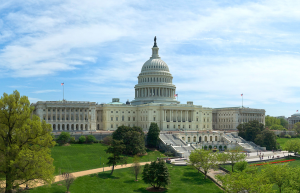
The Senate Homeland Security and Governmental Affairs Committee on Wednesday approved nominations to lead the Federal Emergency Management Agency (FEMA) and financial office at the Department of Homeland Security, and several homeland security bills, including one to enhance counter-drone efforts within DHS. The committee also delayed a vote on Chad Wolf to be the new policy chief at DHS at the request of Sen. Gary Peters (D-Mich.), the ranking member, pending his responses to questions from some Democrats at his…

 By
By 








